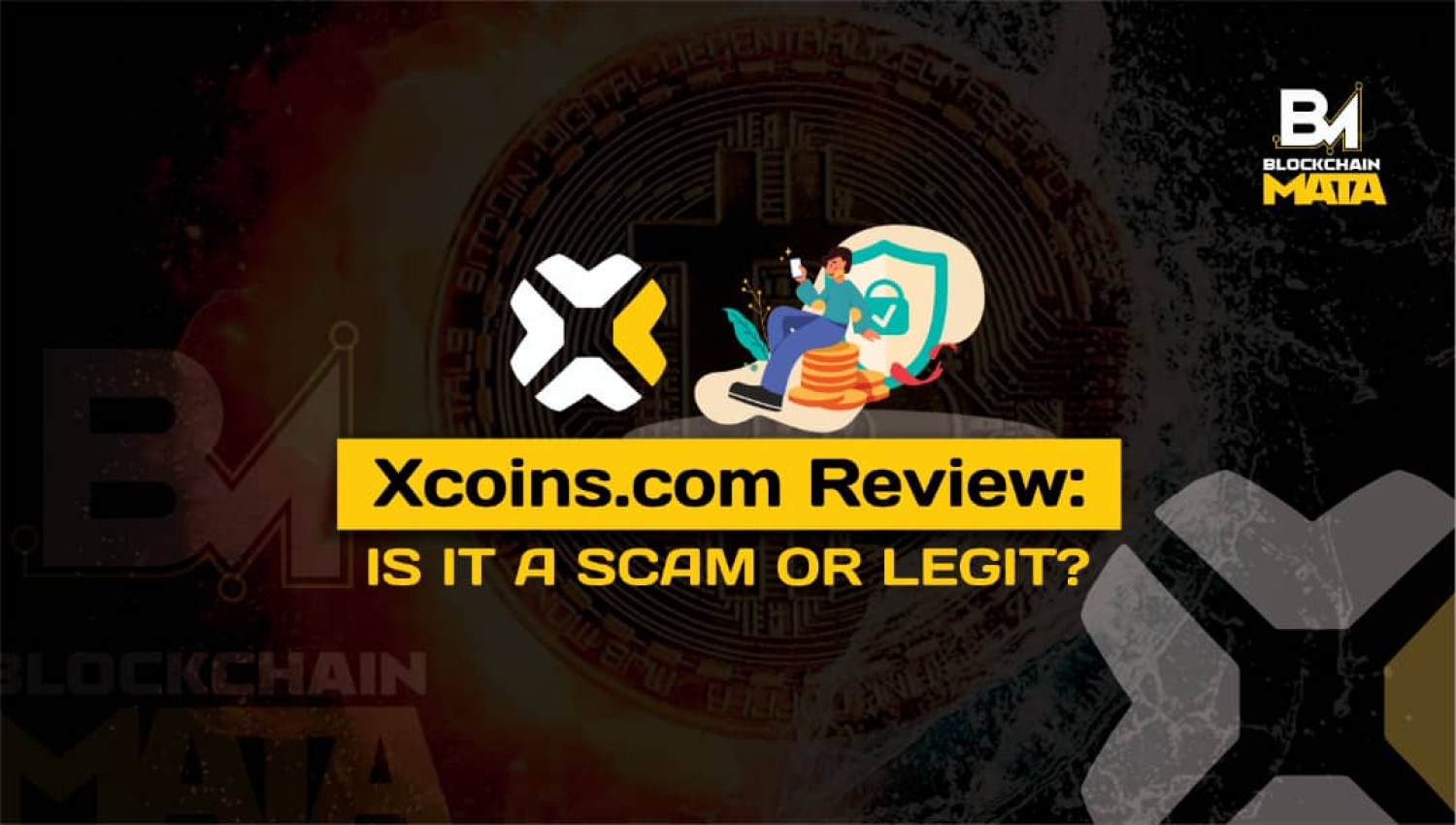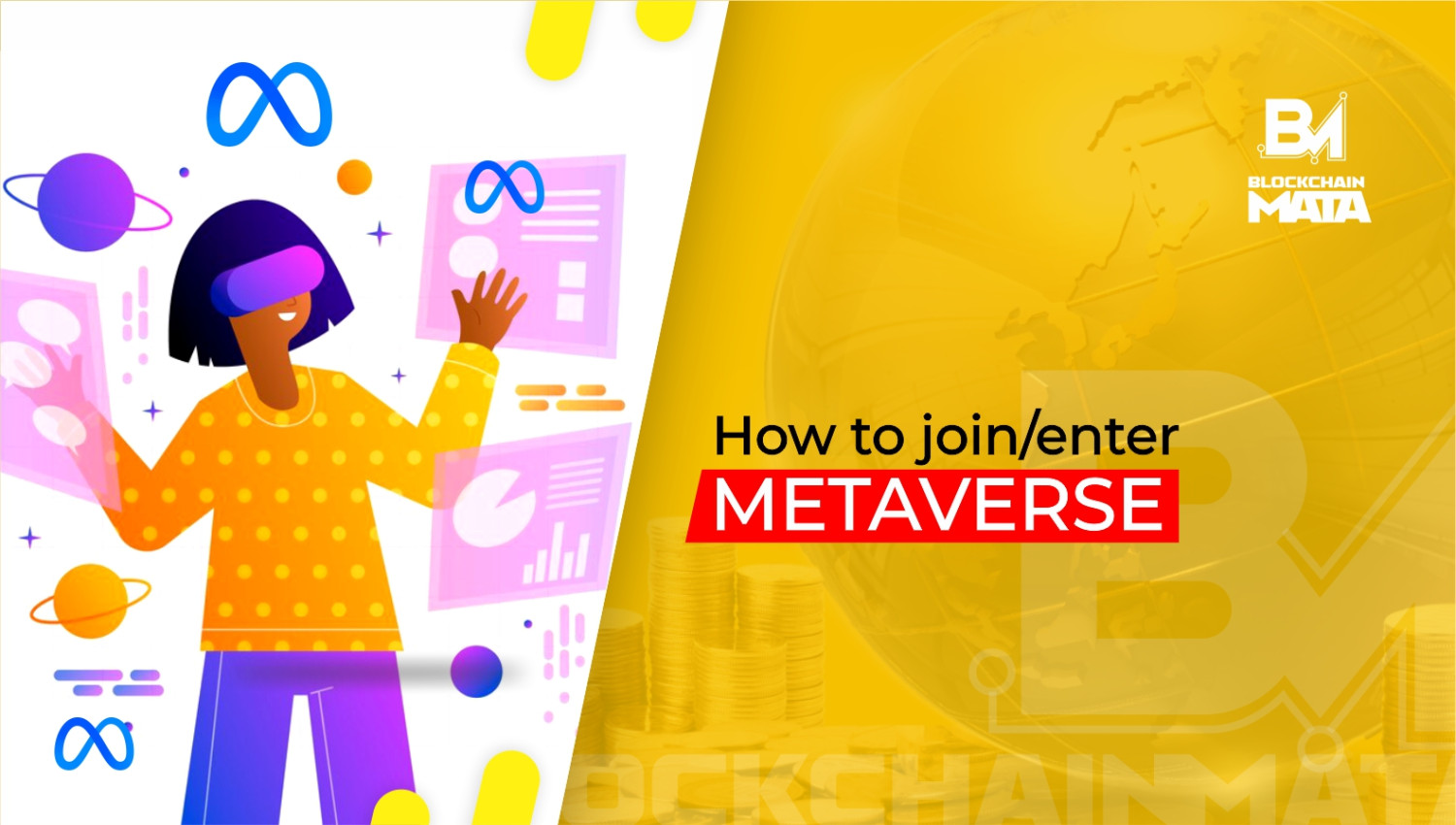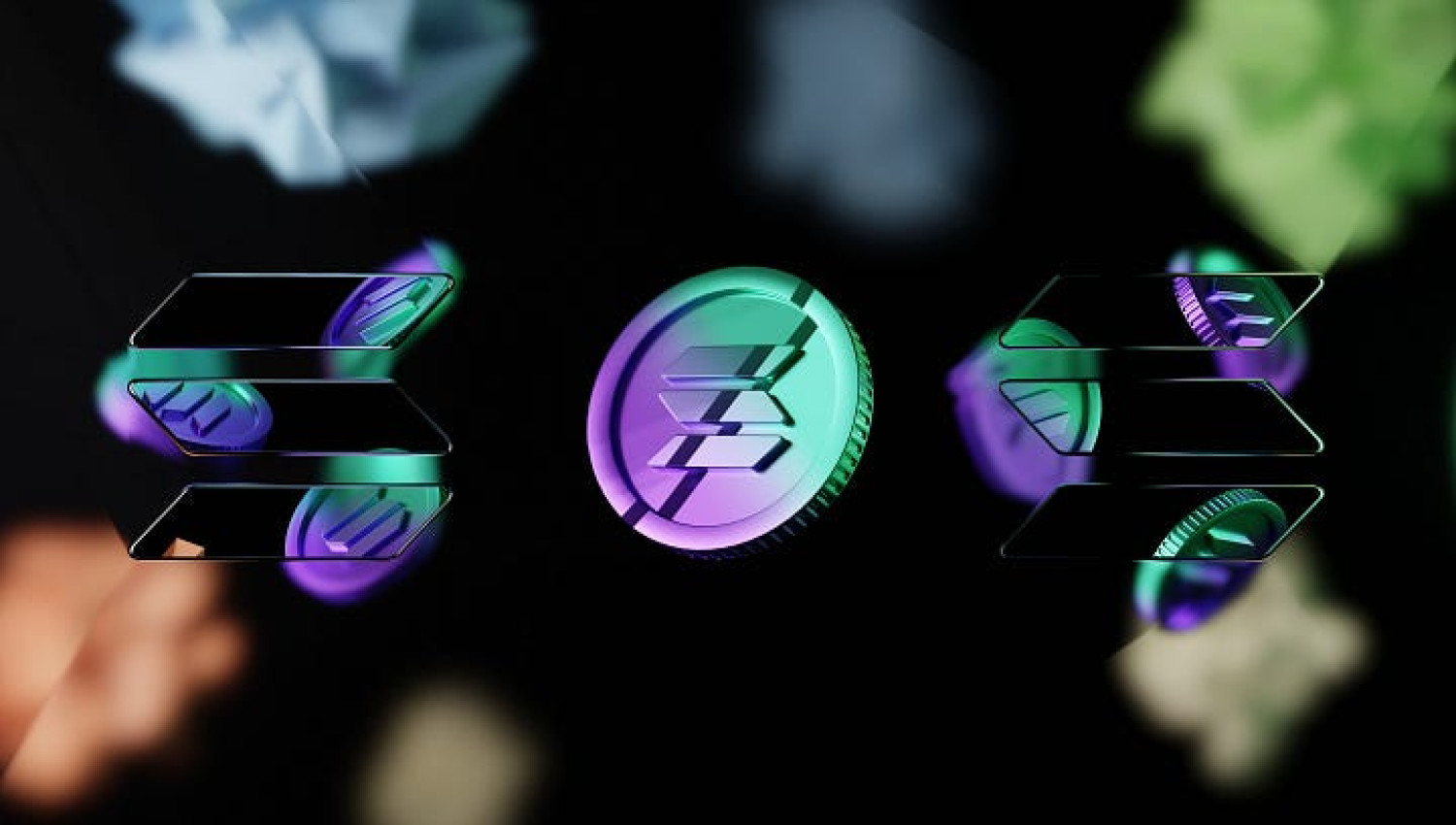Orbiter Finance: A Comprehensive Overview of the Decentralized Cross-Rollup Bridge
1 year ago By Blockchain Mata

In the decentralized finance (DeFi) space, cross-chain transfers are a crucial aspect that enables users to access liquidity and utilize different applications across different blockchain networks. Orbiter Finance is one such project that provides a cross-rollup bridge for Ethereum-native assets, enabling users to transfer their assets between various Layer 2 solutions. In this article, we will provide a comprehensive overview of Orbiter Finance, its features, and its potential impact on the DeFi landscape.
What is Orbiter Finance?
Orbiter Finance is a decentralized cross-rollup bridge that enables the transfer of Ethereum-native assets between different Layer 2 solutions. It aims to provide users with a low-cost and almost instant way to transfer their assets between different networks while maintaining their ownership and control. The platform supports cross-rollup transfers between various networks such as Ethereum, StarkNet, zkSync, Loopring, Arbitrum, Arbitrum Nova, Optimism, Polygon, BNB Chain, ZKSpace, Immutable X, dYdX, Metis, and Boba.
Key Features of Orbiter Finance
Cross-Rollup Bridge: Orbiter Finance provides a cross-rollup bridge that enables the transfer of Ethereum-native assets between different Layer 2 solutions.
Low-Cost Transfers: Orbiter Finance offers low-cost transfers for its users, reducing the associated fees of transferring assets between different networks.
Almost Instant Transfers: Orbiter Finance aims to provide almost instant transfers for its users, allowing them to transfer their assets quickly and efficiently.
High Security: Orbiter Finance ensures high security for its users' assets, with the use of multi-signature wallets and other security measures.
Decentralized Governance: Orbiter Finance is governed by its users, who hold the ORB token and can participate in decision-making related to the development and management of the platform.
The ORB Token
The ORB token is the native token of the Orbiter Finance platform, and it has various use cases, including:
Governance: ORB token holders can participate in the governance of the platform by voting on proposals related to the development and management of the platform.
Fee Reduction: ORB token holders can use their tokens to reduce transaction fees on the platform.
Staking: ORB token holders can stake their tokens and earn rewards in the form of ORB tokens.
The Impact of Orbiter Finance on the DeFi Landscape
Orbiter Finance's cross-rollup bridge is a significant development in the DeFi space, as it enables users to access various Layer 2 solutions without incurring high transaction fees. The low-cost and almost instant transfers provided by Orbiter Finance will also make it easier for users to move their assets between different networks, promoting liquidity and encouraging the growth of the DeFi ecosystem. Moreover, the decentralized governance of the platform ensures that the development and management of the platform are community-driven, promoting a fair and transparent DeFi space.
Conclusion
Orbiter Finance is a promising DeFi project that aims to provide users with a decentralized cross-rollup bridge that enables the transfer of Ethereum-native assets between different Layer 2 solutions. With its low-cost and almost instant transfers, high security, and decentralized governance, Orbiter Finance is poised to become a significant player in the DeFi space. The ORB token also offers various use cases, including governance, fee reduction, and staking. As the DeFi space continues to grow, projects like Orbiter Finance will play a crucial role in enabling cross-chain transfers and expanding the use cases of decentralized finance.
Frequently Asked Questions on Orbiter Finance
What is a cross-rollup bridge?
A cross-rollup bridge is a decentralized infrastructure that enables users to transfer assets between different Layer 2 networks. This allows users to take advantage of the unique features and benefits of each network, while still being able to transfer their assets between them.
What are the benefits of using a cross-rollup bridge?
A cross-rollup bridge offers several benefits over other methods of transferring assets between Layer 2 networks. These benefits include low cost, almost instant transfers, and a high level of security.
How does Orbiter Finance ensure the security of cross-network transfers?
Orbiter Finance uses a smart contract to execute transfers, eliminating the need for centralized intermediaries. This makes the transfer process more secure and less vulnerable to fraud or manipulation.
Which networks does Orbiter Finance support?
Orbiter Finance currently supports cross-rollup transfers between Ethereum, StarkNet, zkSync, Loopring, Arbitrum, Arbitrum Nova, Optimism, Polygon, BNB Chain, ZKSpace, Immutable X, dYdX, Metis and Boba.
How can I use Orbiter Finance to transfer assets between networks?
To use Orbiter Finance, users need to connect their wallets to the platform and select the assets they want to transfer. Once the assets have been selected, users can choose the destination network and execute the transfer using the Orbiter Finance smart contract.
What are the fees associated with using Orbiter Finance?
Orbiter Finance offers low fees for cross-network transfers. The exact fee amount varies depending on the network and the amount of assets being transferred. However, in general, the fees are lower than other methods of transferring assets between Layer 2 networks.
Is there a limit to the amount of assets that can be transferred using Orbiter Finance?
There is no limit to the amount of assets that can be transferred using Orbiter Finance. However, users should be aware of any network-specific limits or requirements when transferring large amounts of assets.
What is the future of Orbiter Finance?
Orbiter Finance is a promising infrastructure for transferring Ethereum-native assets between Layer 2 networks. As the DeFi ecosystem continues to grow and evolve, infrastructure like Orbiter Finance will play an increasingly important role in facilitating cross-network transfers and enabling the development of new DeFi applications. The team behind Orbiter Finance is committed to continuing to improve the platform and adding support for additional networks in the future.
Can Orbiter Finance be used for trading on decentralized exchanges?
Yes, Orbiter Finance can be used for trading on decentralized exchanges (DEXs) that are built on supported Layer 2 networks. For example, users can transfer assets from Ethereum to Optimism using Orbiter Finance and then trade on a DEX like Uniswap or SushiSwap that is deployed on Optimism.
Is there a minimum amount of assets required to use Orbiter Finance?
No, there is no minimum amount of assets required to use Orbiter Finance. Users can transfer any amount of assets that they wish, provided that the assets are supported by the platform.
What happens if a transfer fails or is rejected?
If a transfer fails or is rejected, the assets will remain in the user's wallet and will not be transferred to the destination network. In this case, users can try again or contact Orbiter Finance support for assistance.
How does Orbiter Finance compare to other cross-network transfer solutions?
Orbiter Finance offers several advantages over other cross-network transfer solutions. It supports a wide range of Layer 2 networks and offers low fees for transfers. Additionally, Orbiter Finance is fully decentralized and uses a smart contract to execute transfers, which makes it more secure and less vulnerable to fraud or manipulation.
Is there a user interface for Orbiter Finance?
Yes, Orbiter Finance has a user interface that is designed to be user-friendly and easy to navigate. Users can connect their wallets to the platform and execute transfers using the interface.
Does Orbiter Finance require any special technical knowledge to use?
No, Orbiter Finance is designed to be accessible to users of all technical backgrounds. The platform is user-friendly and intuitive, and users do not need any special technical knowledge to execute transfers.
Can Orbiter Finance be used for transferring assets other than Ethereum-native assets?
No, Orbiter Finance is currently designed for transferring Ethereum-native assets only. However, the team behind Orbiter Finance is exploring the possibility of adding support for other assets in the future.



